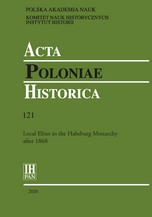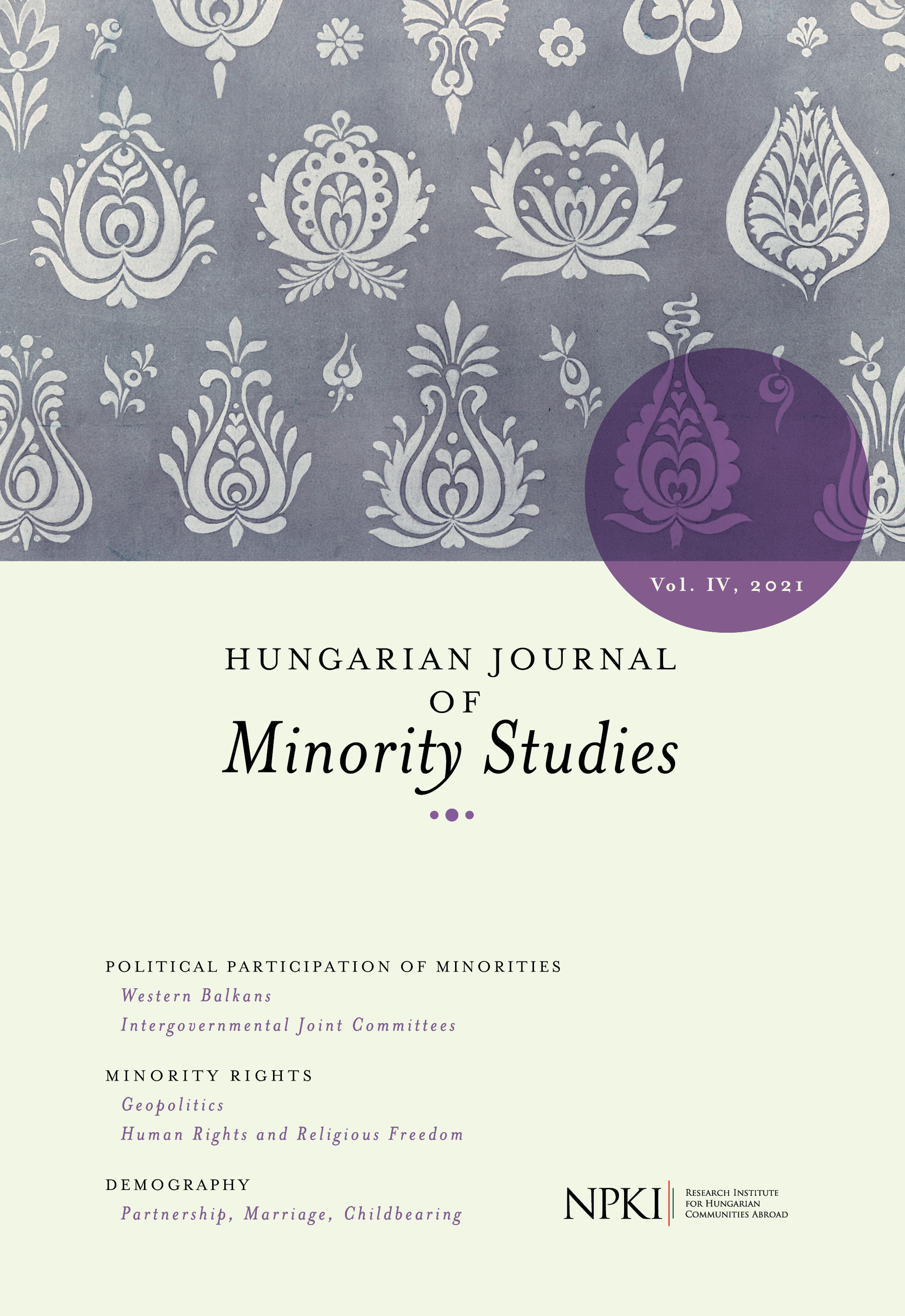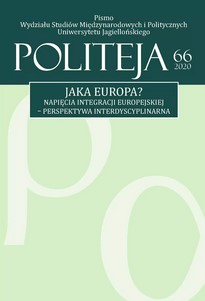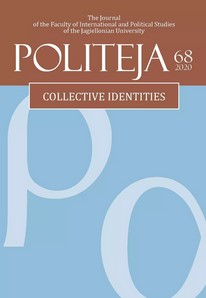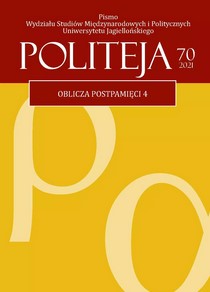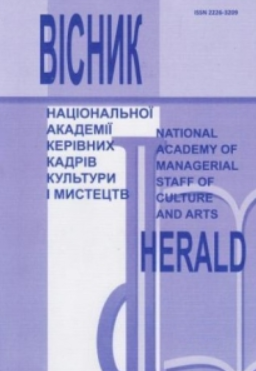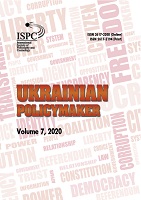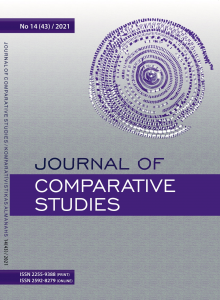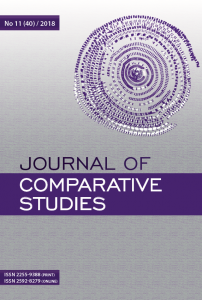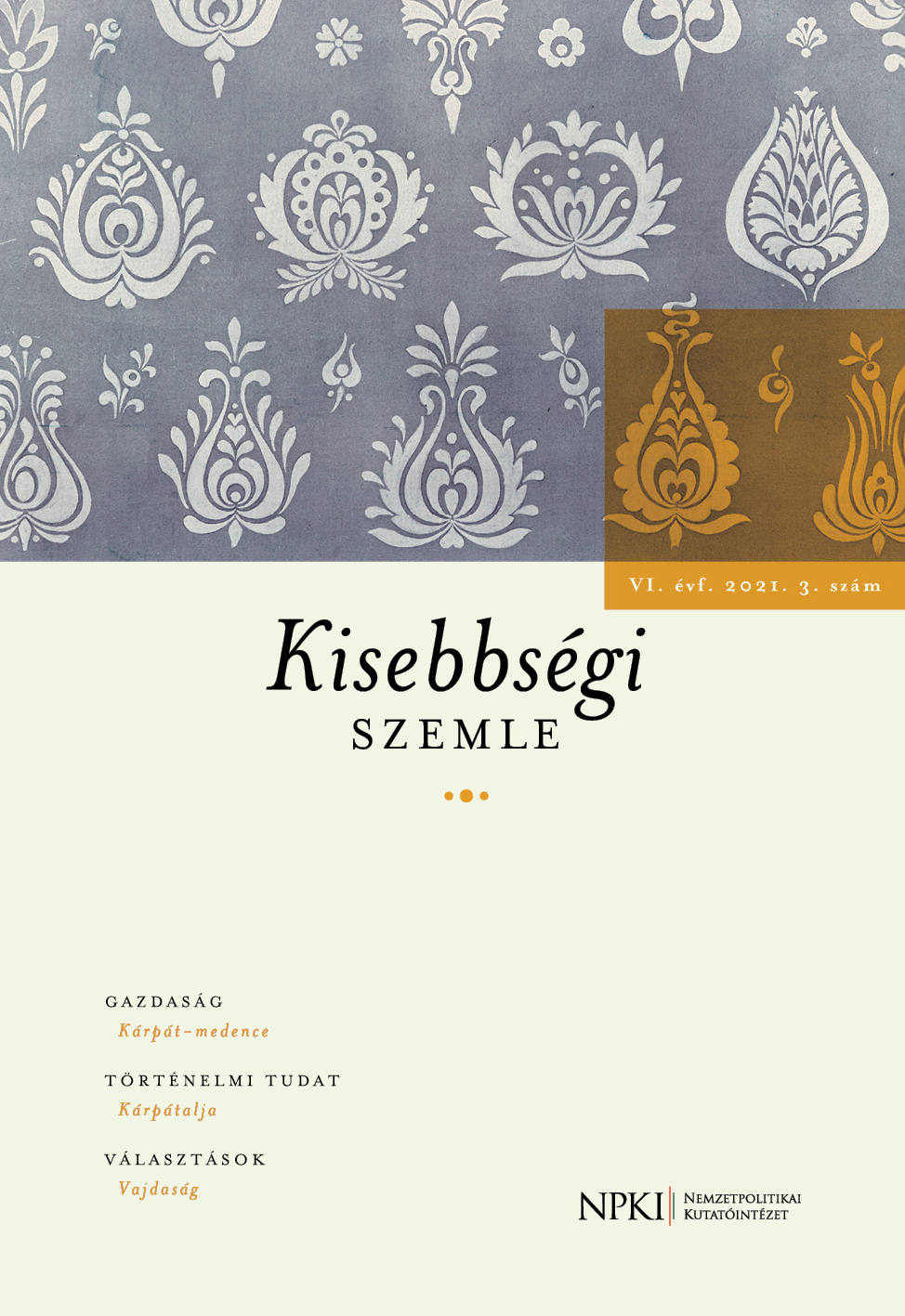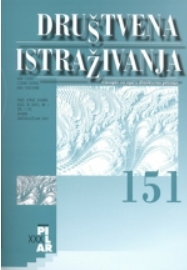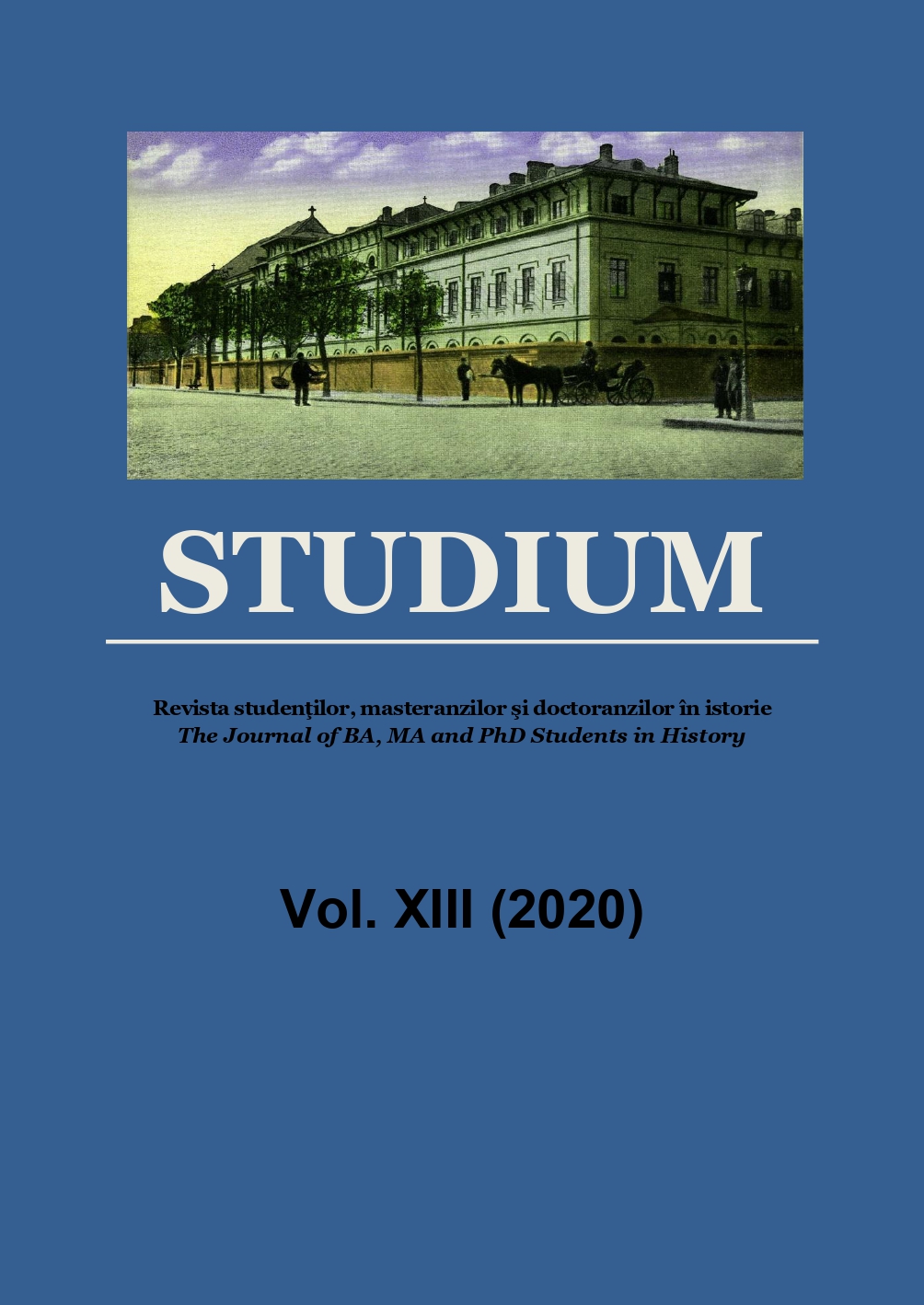
VÂRTEJUL IDENTITAR AL AROMÂNILOR DIN ALBANIA: ALBANO-ROMÂNI, MACEDO-ROMÂNI SAU VLAHI?
Defining the ethnic belonging of Aromanians from Albania is an especially complex issue. Although there are many names used to designate its members (Vlachs, Vlahi, Tsintsari, Koutzo-Vlachs, Arvanitovlahi, llatsi-fatsi etc.), this ethnic group is very hard to study separately from the Albanian majority. Since May 9th 1905, when the Ottomans gave the Vlachs in the Empire the right to have religious services and schools in their maternal language, the Aromanians’ identity swirled around this religion-language axis. The irony is that their identity chaos is rooted in that same acknowledgement. Although recognized, in October 2017, as an ethnic minority in Albania, some of the Aromanians are against this decision, seeing it as an attempt to single them out from the Albanians. We used a questionnaire to try and assess how the Aromanians identify themselves, especially after 100 years of living with the Albanian majority. The idea was to see if there was a correlation between the subjects’ educational level and their knowledge regarding Romania’s role in supporting the Aromanians in the Balkans. The denial of Aromanians’ fundamental rights during the Communist dictatorial regime, such as learning their maternal language or free practice of their religion, accentuated their cultural identity crisis and resulted in almost complete obliteration of the characteristics which set them apart from the majority.
More...
